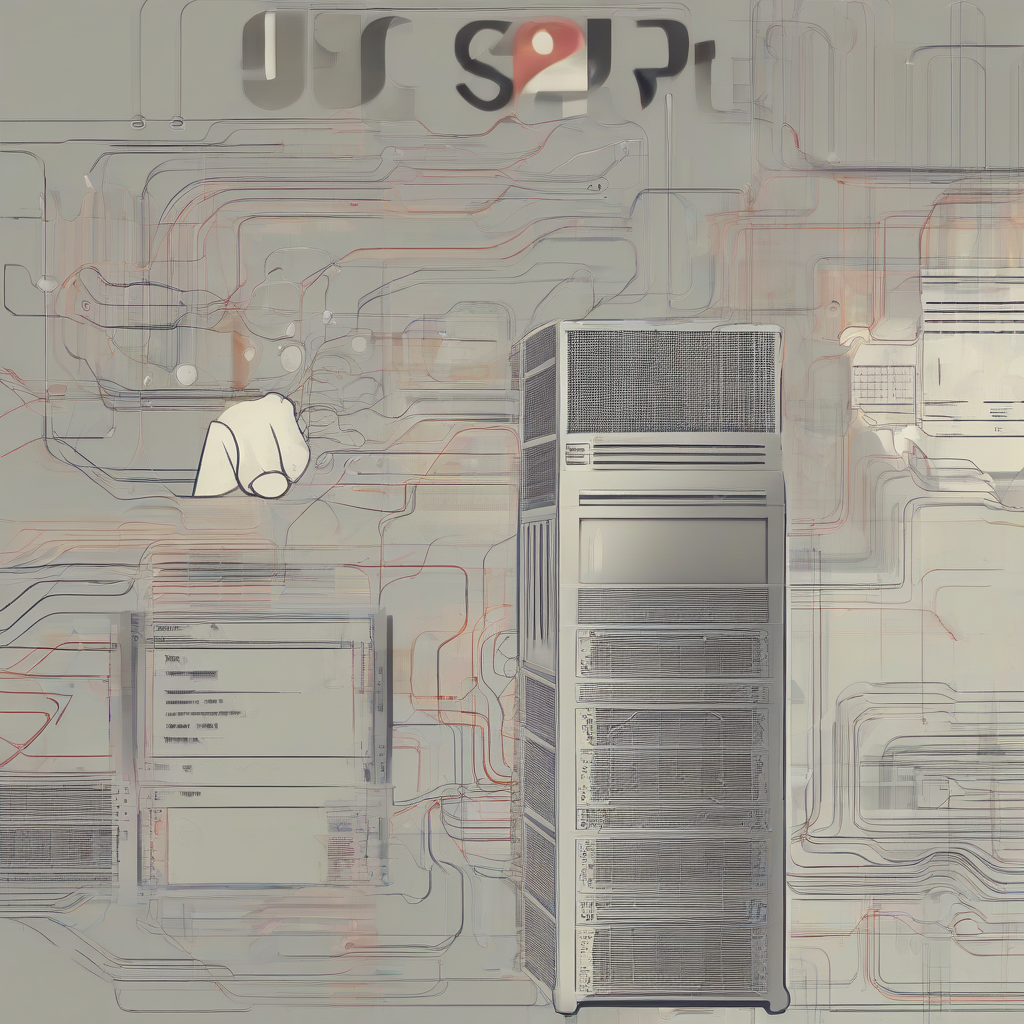Unlocking the Power of Self-Hosted Wikis: A Comprehensive Guide
A self-hosted wiki offers unparalleled control and customization over your knowledge base. Unlike cloud-based solutions, you manage the server, data, and all aspects of the wiki’s operation. This guide delves into the intricacies of self-hosting, covering software choices, setup procedures, security considerations, and the advantages and disadvantages involved.
Choosing the Right Wiki Software
The foundation of your self-hosted wiki lies in the software you select. Several robust and feature-rich options are available, each catering to different needs and technical expertise.
- MediaWiki: The powerhouse behind Wikipedia, MediaWiki is a mature, feature-rich solution known for its scalability and extensibility. Its robust plugin ecosystem allows for extensive customization, but it can have a steeper learning curve for beginners.
- DokuWiki: A simpler, easier-to-use alternative, DokuWiki prioritizes ease of use and a clean interface. Ideal for smaller wikis or those with limited technical skills, it lacks the extensive customization options of MediaWiki but excels in its simplicity.
- TiddlyWiki: A unique, single-file wiki that runs entirely in your browser. While it doesn’t require a server in the traditional sense, its self-contained nature offers portability and simplicity. However, collaboration might be more challenging compared to server-based solutions.
- Gollum: A lightweight wiki built using Ruby, Gollum is a good choice for projects needing simplicity and integration with Git. Its clean syntax and straightforward setup make it attractive to developers familiar with Git workflows.
- Zim Wiki: A desktop-based wiki solution that focuses on offline usability. While not strictly self-hosted in the traditional sense (it doesn’t require a remote server), it allows for local hosting and offline editing, making it a good option for individuals prioritizing offline access.
Server Selection and Setup
Hosting your wiki requires a server. Your options include:
- Dedicated Server: Offers maximum control and resources but is the most expensive option. Ideal for large wikis with high traffic.
- Virtual Private Server (VPS): A cost-effective middle ground offering dedicated resources within a shared environment. A good choice for most self-hosted wikis.
- Cloud Hosting (e.g., AWS, Google Cloud, Azure): Provides scalability and flexibility. The cost varies based on usage and can be quite scalable.
- Home Server: A low-cost option if you have the necessary hardware and technical expertise. However, requires careful consideration of security and availability.
Once you’ve chosen your server, the setup process typically involves:
- Installing the operating system: Choose a suitable OS like Linux (Ubuntu, Debian, CentOS are popular choices) or Windows Server.
- Installing the web server: Apache, Nginx, or others are common choices depending on your operating system and software preferences. Proper configuration is crucial for security and performance.
- Installing the database: Most wiki software requires a database like MySQL, PostgreSQL, or SQLite. The choice depends on the wiki software and your scale requirements.
- Installing the wiki software: Follow the instructions provided by your chosen wiki software for installation on your server. This often involves unpacking files, configuring settings, and running scripts.
- Configuring the wiki: Customize the wiki’s appearance, functionality, and access control settings. This includes setting up user accounts, permissions, and potentially integrating with other services.
Security Considerations
Security is paramount when self-hosting a wiki. Consider these points:
- Regular Software Updates: Keep your wiki software, web server, database, and operating system updated to patch security vulnerabilities.
- Strong Passwords and Authentication: Use strong, unique passwords and implement multi-factor authentication where possible.
- Firewall Configuration: Configure your firewall to restrict access to only necessary ports and protocols.
- Regular Backups: Regularly back up your wiki data to prevent data loss in case of hardware failure or other incidents. This should include regular offsite backups.
- Security Audits: Periodically audit your wiki’s security to identify and address potential weaknesses.
- HTTPS Encryption: Use HTTPS to encrypt communication between users and the wiki server to protect sensitive data.
- Input Validation: Implement input validation to prevent SQL injection and other attacks.
Advantages of Self-Hosted Wikis
- Complete Control: You have complete control over your data, software, and configuration.
- Customization: You can customize your wiki to perfectly meet your needs.
- Privacy: Your data remains on your server and is not subject to the terms of service of a third-party provider.
- Scalability: You can easily scale your wiki as your needs grow.
- Offline Access (depending on software): Some wiki software offers offline editing capabilities.
- Cost-Effective (long-term): While initial setup may have costs, it can be more cost-effective in the long run than paying for ongoing cloud subscriptions.
Disadvantages of Self-Hosted Wikis
- Technical Expertise Required: Setting up and maintaining a self-hosted wiki requires technical skills.
- Maintenance Overhead: You are responsible for all aspects of maintenance, including software updates, security, and backups.
- Initial Setup Costs: You need to invest in server hardware or cloud hosting.
- Security Responsibility: You are responsible for the security of your wiki.
- Downtime Risk: If your server experiences problems, your wiki will be unavailable.
- Scalability Challenges (potentially): Scaling a self-hosted wiki can be more challenging than scaling a cloud-based solution.
Extending Your Self-Hosted Wiki
Many self-hosted wiki solutions offer extensive extension capabilities through plugins, themes, or other customization options. These can enhance functionality and tailor the wiki to your specific workflows.
- Plugins/Extensions: Add features like user authentication systems, search enhancements, version control integrations, and more.
- Themes/Templates: Customize the look and feel of your wiki to match your branding or preferences.
- API Integrations: Connect your wiki to other services and applications through APIs.
- Custom Development: For advanced customization, you can develop custom features or modify the core wiki software (this requires significant programming skills).
Troubleshooting Common Issues
During the setup and operation of a self-hosted wiki, several common issues might arise.
- Database Connection Errors: Verify database credentials and server connectivity.
- Permission Problems: Check file and directory permissions on your server.
- Software Conflicts: Ensure compatibility between different software components.
- Performance Issues: Optimize database queries, server resources, and caching mechanisms.
- Security Vulnerabilities: Regularly update software and employ security best practices.
By carefully considering the various factors discussed in this guide, you can successfully set up and manage a powerful self-hosted wiki tailored to your specific needs and preferences. Remember that the choice of software, server, and security measures are critical to the success and longevity of your self-hosted wiki.




